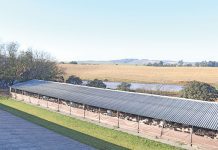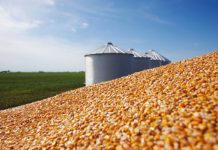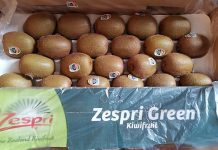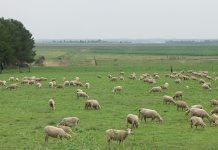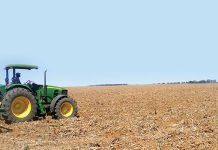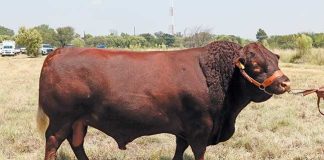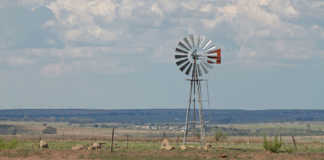It is vital to ensure that the necessary funds are available after you have purchased your farm and started farming. Working capital is needed until the business generates the necessary income. Working capital is the money that covers inputs and overheads, expenses incurred every month.
Inputs include fertiliser, fuel, chemicals and maintenance, while overheads cover electricity, wages and office expenses.
Before the farm is bought, along with the purchase price and the relevant taxes, provision should be made for working capital. You can do this by buying a less expensive farm, taking a production loan from a commercial bank or Land Bank, or setting up a bank overdraft facility.
Easy access
If the production inputs are self-financed, it’s a good idea to keep the money in an interest-generating account, such as a money market account, where it can be easily accessed when needed. These funds could also be paid into an access bond, linked to a current account. In a sense this is interest-bearing as the extra money cuts down monthly interest charges. Money can then be drawn as bills are paid.
A production loan from a bank will most likely attract a crop cession payment, meaning that the purchaser of the crop would pay a share to the bank. A co-op buying the crop could work in the same way, keeping its share of money owed when it sells the crop and pays the balance to the farmer.
Security
A commercial bank that offers an overdraft will require security before issuing the funds. This could be a first or second bond over a property, a signed cession, an insurance policy with enough cash reserve to cover the debt or an investment of equal or more value. Having enough working capital is essential for survival. It increases your bargaining power when negotiating discounts on cash payments and gives you peace of mind with the certainty that bills will be paid.
Contact Susan Pletts on 082 572 3724, or at [email protected].

